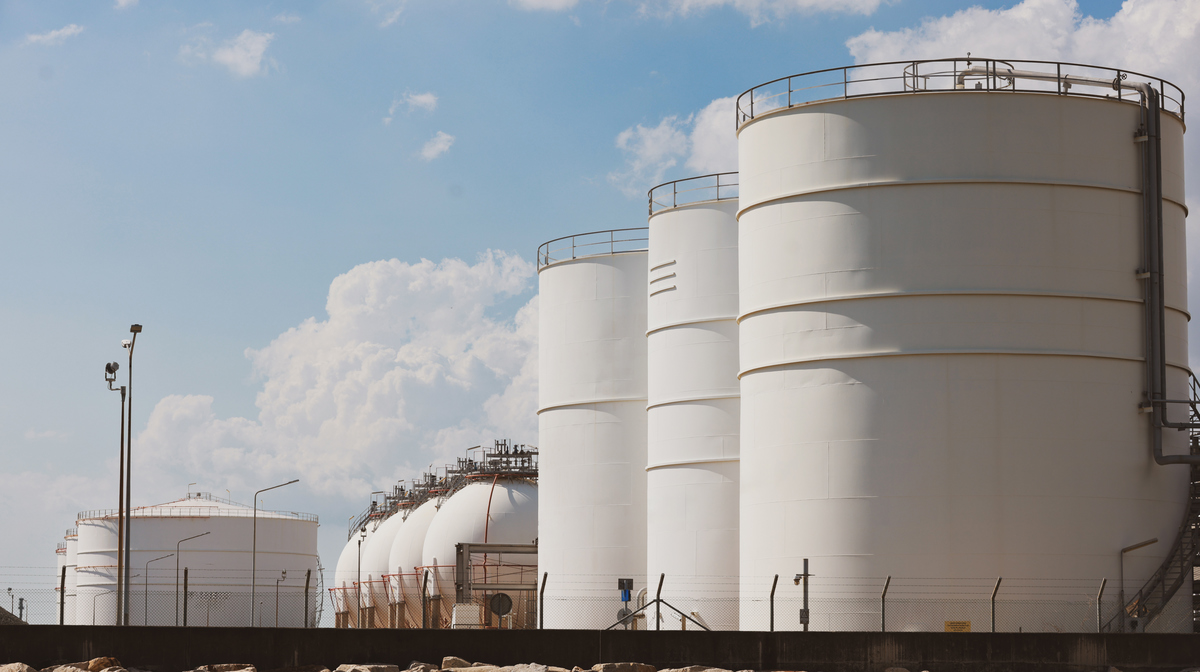INEOS and Wintershall Dea store CO2 under the North Sea
CO2 from Belgium has been captured, shipped and stored under a depleted oil field in the Danish North Sea through Project Greensand.
 PHOTO: The INEOS-operated Nini field in the Danish North Sea, where the captured CO2 will be stored. Wintershall Dea/Sören Weper
PHOTO: The INEOS-operated Nini field in the Danish North Sea, where the captured CO2 will be stored. Wintershall Dea/Sören Weper
The "world first" project has been developed by a consortium of 23 companies helmed by the UK’s INEOS and Germany’s Wintershall Dea.
CO2 was captured at an INEOS Oxide site in Belgium, then transported by ship and finally stored in the INEOS-operated Nini field in the Danish North Sea. The CO2 was stored at a depth of about 1,800 metres below the seabed and will be closely monitored.
Around 15,000 mt of CO2 will be stored by April this year during a demonstration period. It has potential to lock away 1.5 million mt/year of CO2 by 2025-2026 and 8 million mt/year by 2030. This would amount to more than 13% of Denmark’s annual emissions.
“Project Greensand proves that Carbon Capture and Storage is a viable way to permanently store CO2 emissions under the North Sea. It has a crucial role to play in reaching net zero in Denmark, Europe and beyond,” said Wintershall Dea’s board member and chief technology officer Hugo Dijkgraaf.
CCS is expected to play a vital role in decarbonisation initiatives across Europe. “The EU will need to store up to 300 million tonnes of CO2 per year by 2050 to meet its climate goals,” according to European Commission estimates.
In a separate development, Wintershall Dea has partnered with Belgian transmission system operator Fluxys to develop a cross-border CO2 pipeline network connecting southern Germany and Belgium.
As part of the project, CO2 emissions from industrial clusters in southern Germany will be transported to Zeebrugge on the Belgian North Sea coast via this proposed CO2 network, and then stored in offshore locations in the North Sea where Wintershall Dea is involved.
The companies will also evaluate the feasibility of an offshore transport system that connects Zeebrugge and Wilhelmshaven to CO2 storage sites in the North Sea.
“The CCS chain is essential for industry to decarbonise while maintaining economic activity and employment,” said Fluxys Belgium’s chief executive Pascal De Buck.
By Tuhin Roy
Please get in touch with comments or additional info to news@engine.online





